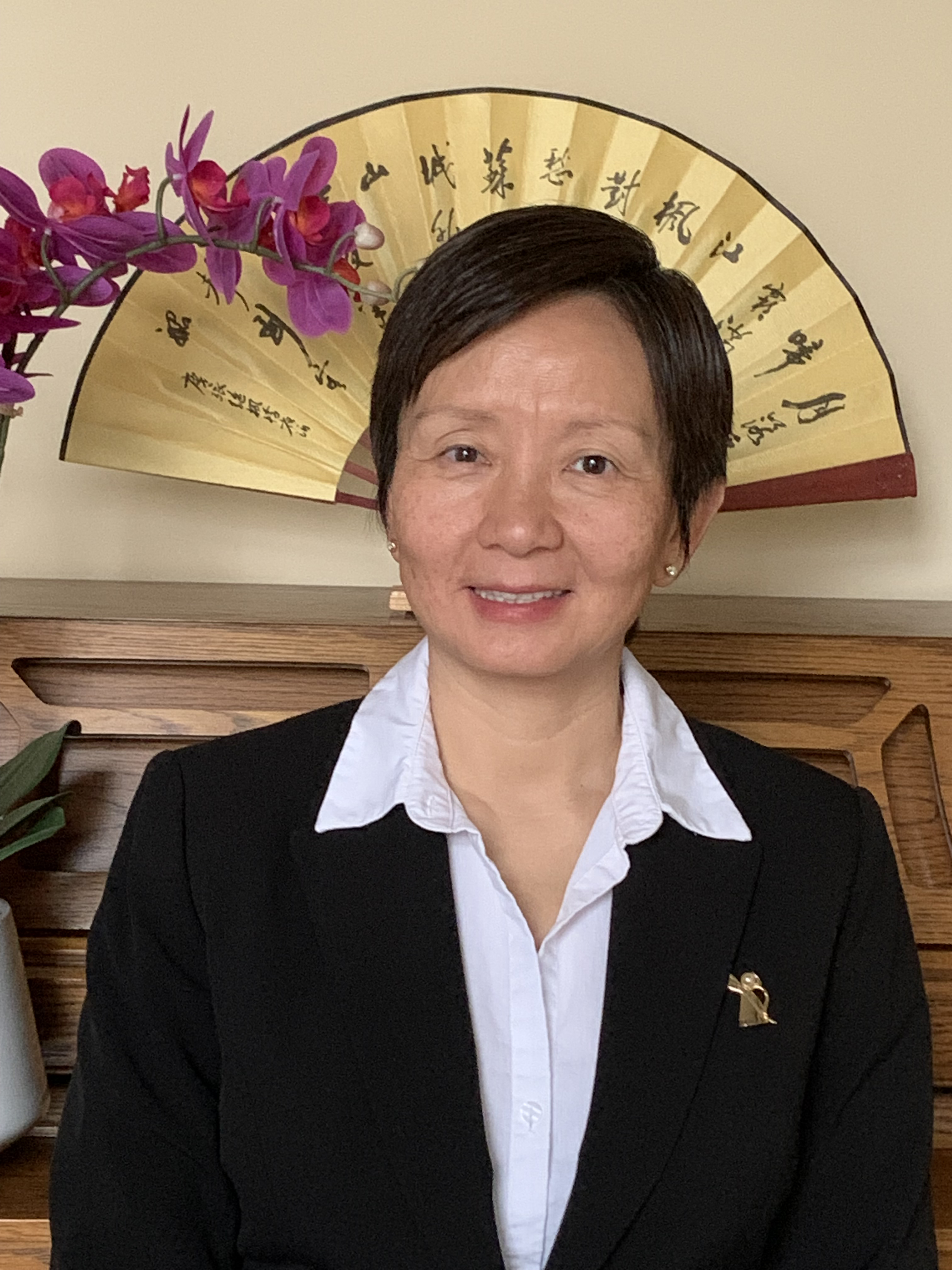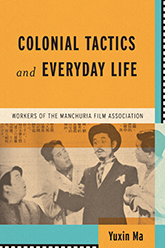|
Colonial Tactics and Everyday Life
Workers of the Manchuria Film Association
Yuxin Ma
Wisconsin Film Studies
Patrick McGilligan, Series Editor
Winner, Best Scholarly Publication Award, Association of Chinese Professors of Social Sciences in the United States
“Lucidly written, it is theoretically sophisticated and entertaining: a must-read for film scholars and general readers.”
—Daisy Yan Du, author of Animated Encounters: Transnational Movements of Chinese Animation, 1940s–1970s
A powerful corrective to stereotypes about collaboration and resistance in Chinese cinema history
Following the Japanese invasion of northeast China in 1931, the occupying authorities established the Manchuria Film Association to promote film production efficiency and serve Japan’s propaganda needs. Manchuria Film Association had two tasks: to make “national policy films” as part of a cultural mission of educating Chinese in Manchukuo (the puppet state created in 1932) on the special relationship between Japan and the region, and to block the exhibition of Chinese films from Shanghai that contained anti-Japanese messages. The corporation relied on Japanese capital, technology, and film expertise, but it also employed many Chinese filmmakers. After the withdrawal of Japanese forces in 1945, many of these individuals were portrayed as either exploited victims or traitorous collaborators. Yuxin Ma seeks to move the conversation beyond such simplistic and inaccurate depictions.
By focusing on the daily challenges and experiences of the Chinese workers at the corporation, Ma examines how life was actually lived by people navigating between practical and ideological concerns. In the battle between repression and expression, these Chinese actors, directors, writers, and technicians adopted defensive and opportunistic tactics. They did so in colonial spaces, often rejecting modernist representations of Manchukuo in favor of venerating traditional Chinese culture and values. The expertise, skills, and professional networks they developed extended well beyond the occupation into the postwar period, and may individuals reestablished themselves as cinema professionals in the socialist era.
 Yuxin Ma is an associate professor of history at the University of Louisville and the author of Women Journalists and Feminism in China, 1898–1937.
Yuxin Ma is an associate professor of history at the University of Louisville and the author of Women Journalists and Feminism in China, 1898–1937.
Praise
“Ma’s well-researched study of the everyday experiences of Chinese filmmakers in Japan-controlled Manchuria brings out the complexity of Manchurian cultural life and film culture. This valuable book is a welcome addition to the expanding literature on the cultural history of Manchuria and Japanese-occupied cinema.”
—Po-Shek Fu, author of Between Shanghai and Hong Kong: The Politics of Chinese Cinemas
“A unique and seminal study of meticulous scholarship. . . . Expertly organized and presented.”
—Midwest Book Review
Table of Contents
List of Illustrations
Acknowledgments
Introduction
1 Public Compliance and Personal Choices: Actors
2 Making Entertainment Movies for Chinese
Audiences: Directors
3 Writing Films or on Films: Chinese Writers and Journalists
4 Technology Transcending Ideologies: Chinese Technicians
Conclusion
Appendix A: Sketches of Key Figures
Appendix B: Filmography with Synopsis
Glossary of Names, Titles and Terms
Notes
Bibliography
Index
|

Larger images
February 2023
LC: 2022007365 PN
360 pp. 6 x 9
34 b/w photos, 2 tables
|

